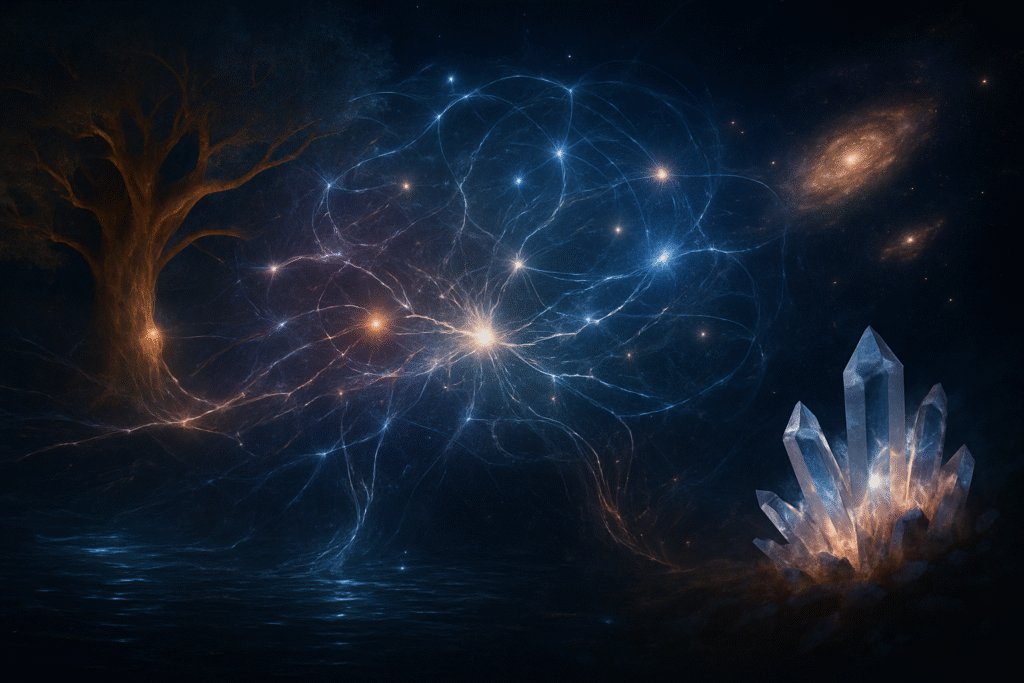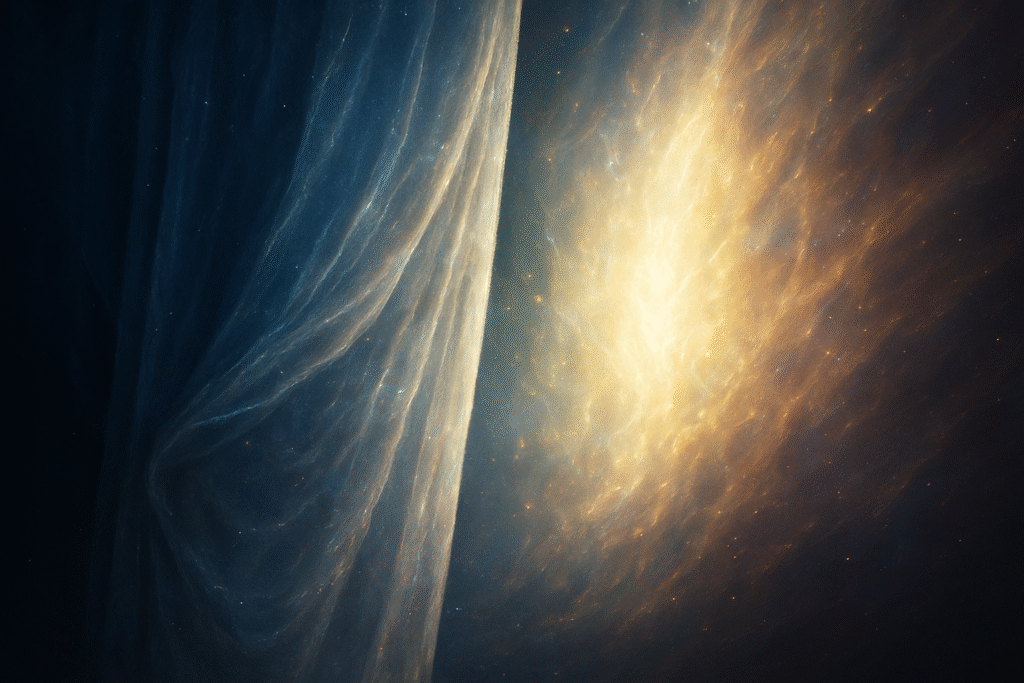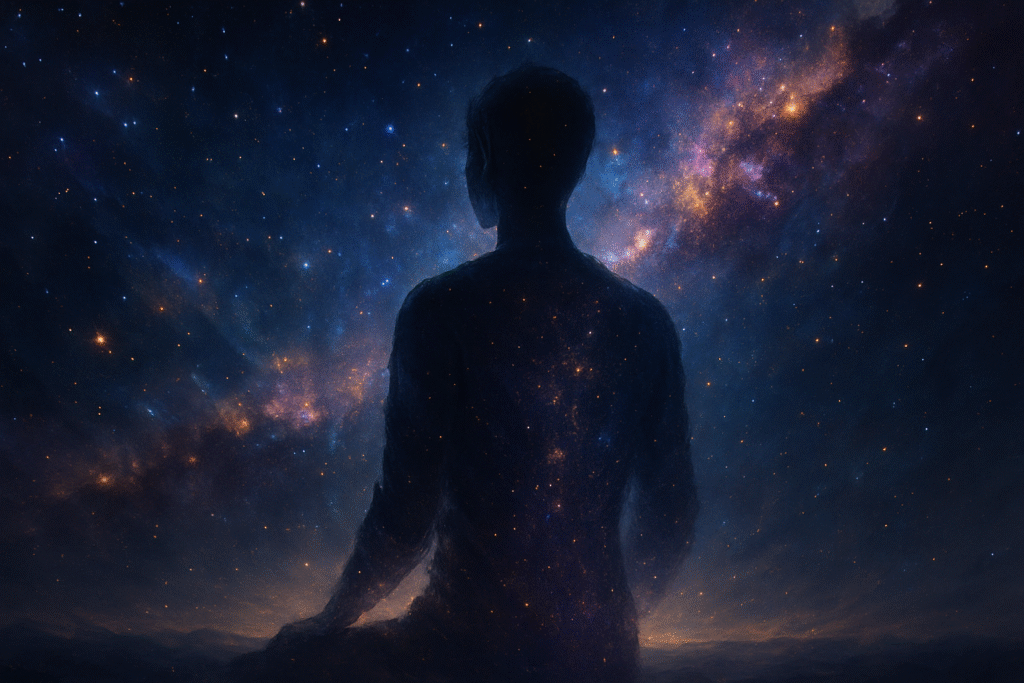The Enigma of Consciousness
Consciousness, the very essence of our subjective experience, remains one of the most profound and perplexing mysteries in science and philosophy. It is the feeling of being, the awareness of our thoughts, emotions, and surroundings. For centuries, the prevailing view has been that consciousness is an emergent property of the brain, a complex symphony of neural activity. However, recent scientific advancements, philosophical inquiries, and anecdotal evidence are challenging this long-held assumption, prompting us to ask: Is consciousness inextricably linked to the brain, or can it exist independently? This article delves into the fascinating possibilities of consciousness beyond the confines of the cranium, exploring various theories, scientific findings, and thought-provoking perspectives.

The Brain-Centric View: A Historical Perspective

Historically, the brain has been considered the seat of consciousness. From ancient Greek philosophers like Aristotle, who believed the heart was the center of sensation, to the modern neuroscientific understanding of the brain as a complex biological computer, the connection between brain and mind has been deeply ingrained in our understanding. The advent of neuroscience, with its ability to map brain activity and correlate it with mental states, further solidified this view. Injuries to specific brain regions can lead to predictable deficits in consciousness, memory, or personality, seemingly confirming the brain’s indispensable role. However, this perspective, while robust, faces challenges when confronted with phenomena that defy easy explanation within a purely materialist framework.
maybe you also like: Mapping the Mouse Brain: A Leap Toward Understanding Human Intelligence
Challenging the Orthodoxy: Anomalous Cases and Near-Death Experiences
One of the most compelling challenges to the brain-centric view comes from documented cases of individuals exhibiting consciousness despite severe brain damage or even absence of significant brain matter. Hydrocephalus, a condition where cerebrospinal fluid accumulates in the brain, can lead to extreme reduction in brain tissue, yet some individuals with this condition lead normal, conscious lives. These cases, though rare, raise fundamental questions about the minimum neural requirements for consciousness.
Furthermore, near-death experiences (NDEs) provide a rich, albeit controversial, source of anecdotal evidence. Individuals who have been clinically dead, with no measurable brain activity, report vivid, coherent, and often transformative experiences, including out-of-body sensations, encounters with deceased loved ones, and profound feelings of peace. While skeptics attribute these experiences to dying brain activity, proponents argue that the clarity and complexity of NDEs, often occurring during periods of flatlined brain activity, suggest a form of consciousness independent of the physical brain.
Consciousness in the universe: A review of the ‘Orch OR’ theory.
The Hard Problem of Consciousness: Why It Matters
The debate over consciousness without a brain is intrinsically linked to what philosopher David Chalmers famously termed the “hard problem of consciousness.” The “easy problems” of consciousness, according to Chalmers, involve understanding the brain’s functional aspects, such as how it processes information, integrates sensory input, and controls behavior. While these are complex, they are ultimately solvable through scientific investigation. The “hard problem,” however, is explaining why and how we have subjective experiences at all.
Quantum Theories of Consciousness

The Orchestrated Objective Reduction (Orch-OR) Theory
In the quest for a non-classical explanation of consciousness, some scientists have turned to the enigmatic world of quantum mechanics. The Orchestrated Objective Reduction (Orch-OR) theory, proposed by physicist Sir Roger Penrose and anesthesiologist Stuart Hameroff, suggests that consciousness arises from quantum computations occurring within microtubules, the protein filaments that form the cytoskeleton of neurons. According to this theory, these quantum computations are not dependent on the brain’s classical, synaptic-level activity. Instead, they tap into a more fundamental level of reality, where consciousness could potentially exist independently of the brain. While Orch-OR is highly speculative and faces significant criticism from the scientific community, it represents a bold attempt to bridge the gap between the physical world and subjective experience.
The Quantum Mind: A Broader Perspective
Beyond Orch-OR, the broader concept of a “quantum mind” suggests that the brain may act as a receiver or amplifier for a universal field of consciousness. In this view, consciousness is not generated by the brain but is rather a fundamental aspect of the cosmos, much like gravity or electromagnetism. The brain, with its intricate quantum processes, may be uniquely suited to tune into this universal consciousness, giving rise to our individual subjective experiences. This perspective aligns with certain spiritual and philosophical traditions that posit a universal consciousness or a collective unconscious. While direct evidence for a quantum mind remains elusive, it offers a compelling alternative to the purely classical, brain-based models of consciousness.
Panpsychism and the Ubiquity of Consciousness

What is Panpsychism?
Panpsychism is the philosophical view that consciousness is a fundamental and ubiquitous feature of the universe. It proposes that all matter, from electrons and quarks to rocks and stars, possesses some form of consciousness or mental properties. This doesn’t mean that a rock has the same kind of complex, self-aware consciousness as a human, but rather that it has a rudimentary form of experience. Panpsychism offers a potential solution to the hard problem of consciousness by suggesting that consciousness is not an emergent property of complex systems but a fundamental building block of reality itself.
Panpsychism and the Brain
From a panpsychist perspective, the brain does not create consciousness but rather aggregates and amplifies it. The complex organization of the brain allows for the emergence of a more sophisticated and self-aware form of consciousness from the rudimentary consciousness of its constituent parts. This view is compatible with the idea of consciousness existing without a brain, as it suggests that consciousness is a fundamental property of the universe that can manifest in various forms and degrees of complexity. While panpsychism is a philosophical position and not a scientific theory, it is gaining traction among some neuroscientists and philosophers who see it as a promising avenue for understanding the nature of consciousness.
The Future of Consciousness Research

The Search for a Scientific Explanation
The question of whether consciousness can exist without a brain remains one of the most profound and challenging questions of our time. While the brain-centric view remains the dominant paradigm in neuroscience, the growing body of anomalous evidence, the philosophical challenges posed by the hard problem of consciousness, and the emergence of alternative theories like Orch-OR and panpsychism are pushing the boundaries of our understanding. The future of consciousness research will likely involve a multidisciplinary approach, combining insights from neuroscience, physics, philosophy, and even contemplative traditions.
Implications for Our Understanding of Reality

Ultimately, the answer to the question of consciousness without a brain has profound implications for our understanding of ourselves and our place in the universe. If consciousness is indeed a fundamental property of the cosmos, it would revolutionize our understanding of reality, suggesting a universe that is far more mysterious, interconnected, and alive than we have ever imagined. It would also have significant implications for our understanding of life, death, and the nature of the self. While we may not have all the answers yet, the ongoing exploration of consciousness is a testament to our enduring curiosity and our relentless quest to understand the deepest mysteries of existence.
Conclusion: Redefining the Boundaries of Consciousness

The question of consciousness without a brain remains one of the most compelling and unresolved inquiries in science and philosophy. While the prevailing scientific paradigm firmly links consciousness to brain activity, the arguments for a broader, non-brain-dependent consciousness are compelling and multifaceted. From ancient philosophical concepts like panpsychism and idealism to modern scientific hypotheses such as quantum consciousness and the extended mind, and further supported by extraordinary phenomena like NDEs and savant syndrome, the possibility of consciousness existing beyond the confines of the skull continues to intrigue and challenge our understanding.
Embracing these alternative perspectives does not necessarily negate the importance of the brain. Instead, it invites us to consider the brain not as the sole generator of consciousness, but perhaps as a sophisticated receiver, a tuner, or an interface for a more fundamental and pervasive consciousness. This shift in perspective could have profound implications for our understanding of life, death, and the very nature of reality. As science continues to unravel the mysteries of the universe, perhaps the greatest frontier lies not in the cosmos, but within the enigmatic depths of consciousness itself, urging us to keep an open mind to possibilities that transcend our current biological understanding.
Maybe you also like:
Follow me on:
For more updates, visit: flashpointnews.com.br




